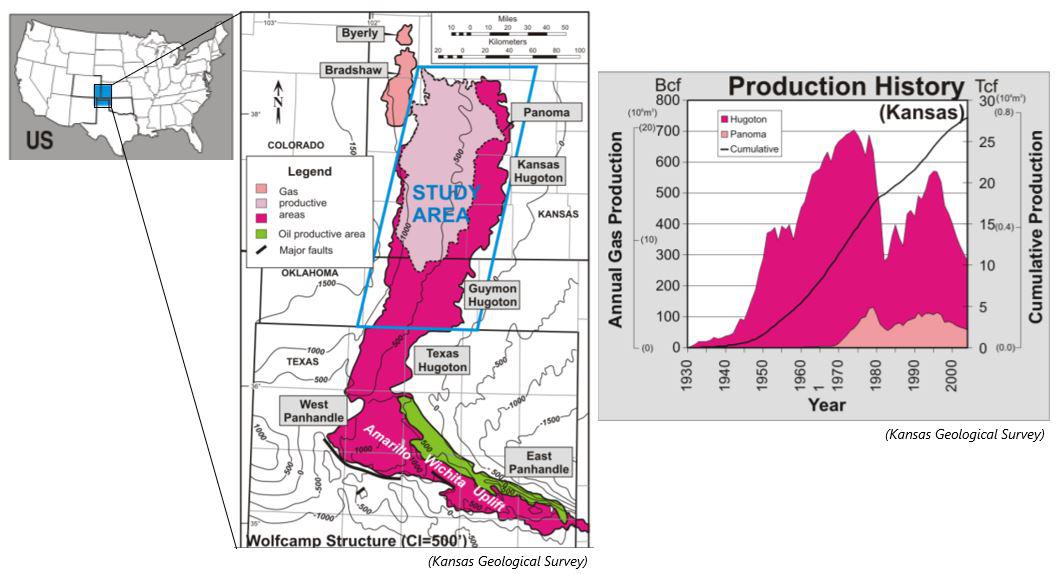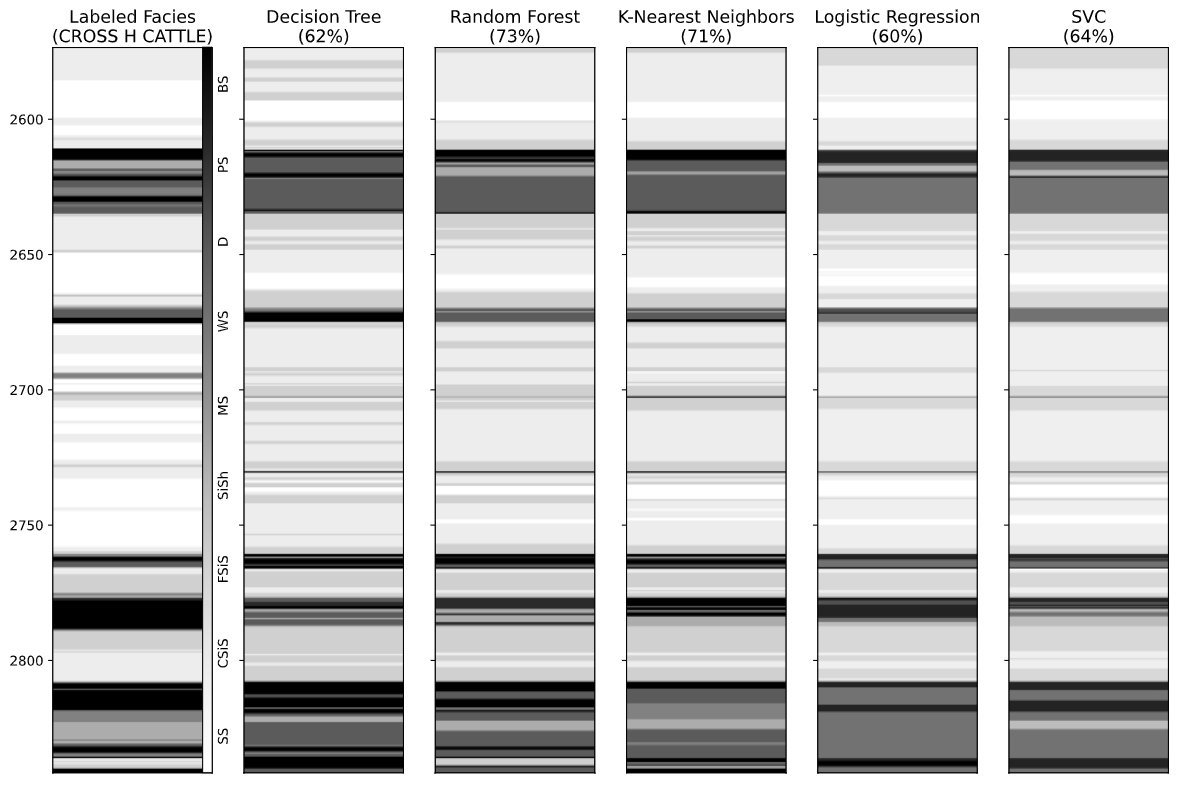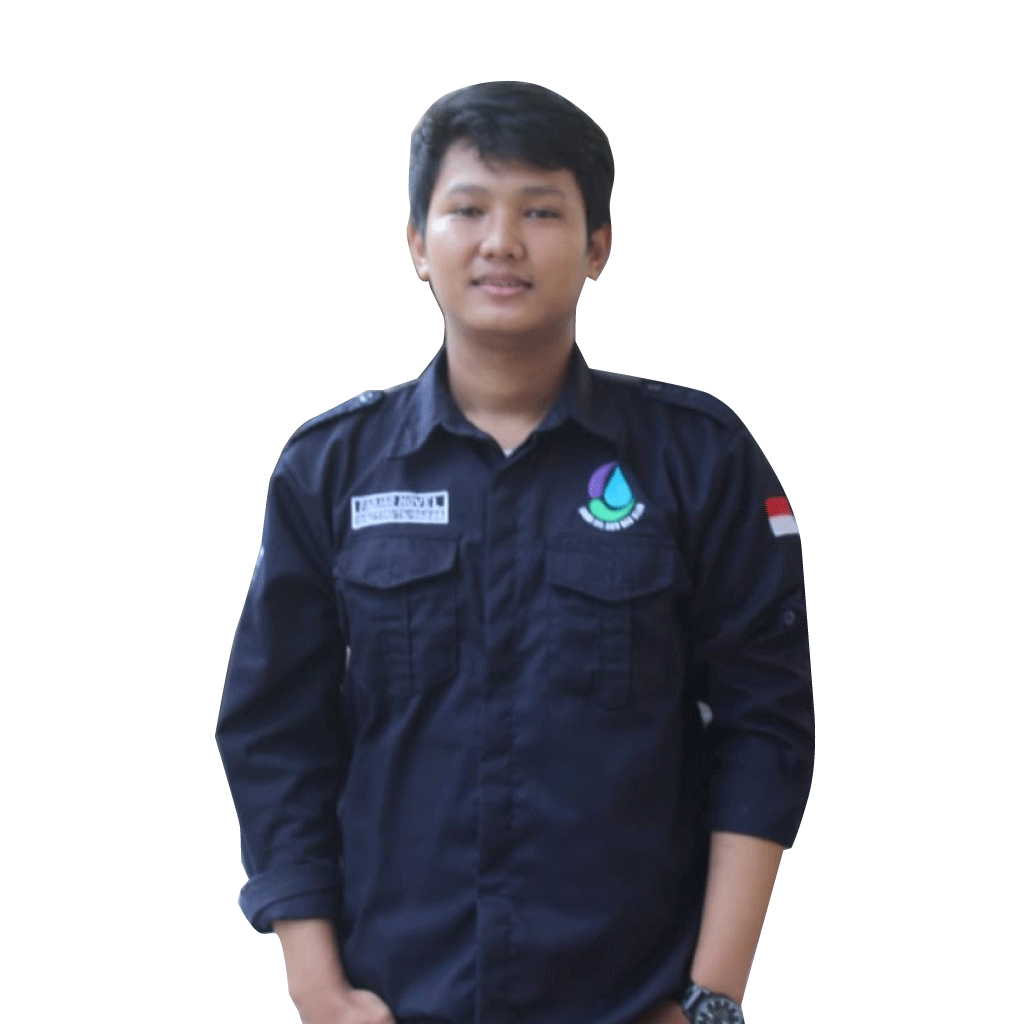An Innovative Method to Understand Complexities Behind Reservoir Characterization.
The growth of both data volume and data types in the development of a modern oilfield is stretching the capabilities of traditional manual workflows. Moreover, the complex physics behind the reservoir characterization is only partially understood through a deterministic, model-based analysis. The oil and gas industry are turning to new analysis tools to overcome these challenges through a more data driven approach considering the stochastic nature of resource plays. These tools are known as machine learning.
These methods can help to enhance the productivity of geologists, geophysicists, and petroleum engineers by automating tasks and performing most time-consuming analysis. Reservoir characterization project is working on applications of new machine learning technologies to solve a wide range of exploration and development problems. With the recent development in algorithms, computational power, and availability of enormous amounts of data, the implementation of machine learning has spurred the interest in the oil and gas industry and brought into the forefront of future energy.
 Machine learning is a subset of Artificial
Intelligence that focuses on learning and analyzing data. Many of these approaches
involve statistics, and some often refer to this field as statistical learning. Machine learning
uses a variety of approaches to learn underlying rules that govern data or systems to represent the
reality it models accurately. These
methods allow us to make sense of large volumes of data with many variables while avoiding the
biases that humans can bring to such analysis.
Machine learning is a subset of Artificial
Intelligence that focuses on learning and analyzing data. Many of these approaches
involve statistics, and some often refer to this field as statistical learning. Machine learning
uses a variety of approaches to learn underlying rules that govern data or systems to represent the
reality it models accurately. These
methods allow us to make sense of large volumes of data with many variables while avoiding the
biases that humans can bring to such analysis.

The location of the study area is in the





80 Abdurrahman st.
Duri, Mandau, Bengkalis
28884 Riau, Indonesia
fajrulhaqqi50@gmail.com
fajrulhaqqi2017@mail.ugm.ac.id
Phone: (+62) 896 3782 4843